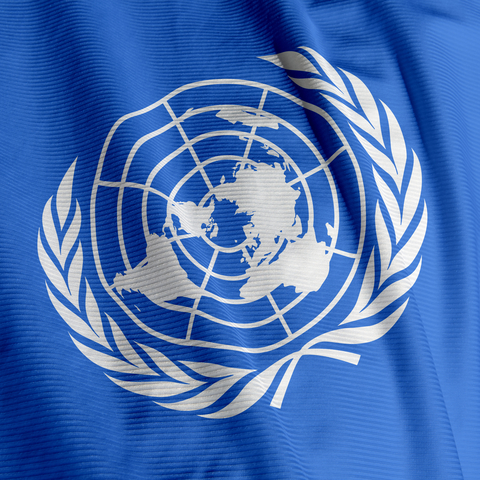
The beleaguered United Nations Chief, Antonio Guterres, celebrated a rare win today to deliver food for more than 400 million people in poor countries. He called the agreement signed between Türkiye, Ukraine and Russia to export grain a beacon of hope on the Black Sea.
Getting to a “yes” by Russia and Ukraine was a heroic task in the middle of an atrocious war of attrition. Finally, the bitter enemies took the unprecedented step of putting aside their differences for the good of the world’s hungry people. Guterres, who shepherded the agreement, signed it for the UN as a witness.
“Today, there is a beacon on the Black Sea. A beacon of hope – a beacon of possibility – a beacon of relief — in a world that needs it more than ever,” Guterres said.
“It will bring relief for developing countries on the edge of bankruptcy and the most vulnerable people on the edge of famine. And it will help stabilize global food prices which were already at record levels even before the war – a true nightmare for developing countries.”
Specifically, the Black Sea Grain Initiative opens a path for significant volumes of commercial food exports from three key Ukrainian ports in the Black Sea – Odesa, Chernomorsk and Yuzhny.
There are two agreements. One focuses on the shipment of Ukrainian grain through the Black Sea. The other facilitates the unimpeded access to food and fertilizers originating in Russia to global markets, including the raw materials required to produce fertilizers.
The Russian agreement is significant because the US and Europe have agreed to lift banking and other sanctions but for only those exports. In turn, Russia agreed to facilitate the unimpeded export of food, sunflower oil and fertilizers from Ukrainian controlled Black Sea ports.
A coordination center is being set up in Istanbul to monitor implementation with officials from all four sides – the UN, Ukraine, Russia and Türkiye. It will also ensure that merchant vessels entering the Black Sea to take grain cargos do not smuggle weapons into the area.
Ukraine and the Russian Federation are breadbaskets of the world, producing almost one-third of the world’s wheat and barley and half of its sunflower oil. Russia is also a top global exporter of fertilizers and the raw materials for its production.
The initiative establishes mechanisms for the safe transportation of grain, related foodstuffs and fertilizer from Ukrainian ports to global markets. This is very significant but several obstacles remain.
The main hurdle is finding ships and insurers who are willing to enter a war zone where both Ukrainians and Russians are extremely distrustful of each other and could start shooting at any time. Routes must be established for the merchant ships to enter the ports and exit without hitting mines laid by each antagonist to prevent attacks by the other.
Despite such issues, Ukraine hopes to get nearly 20 million tons of grain out by merchant vessels to empty its storage facilities. That would aid an expected harvest of about 70 million tons and its storage for export.
Today’s deal is for only three months but could be renewed. The agreement does not mean that such large quantities of food will actually get out but there are good reasons for hope. Prewar Ukrainian grain exports of 5 million tons by sea could be restored in a few weeks if everything works smoothly.
Photo 5371270 / United Nations © Matthew Trommer | Dreamstime.com
















